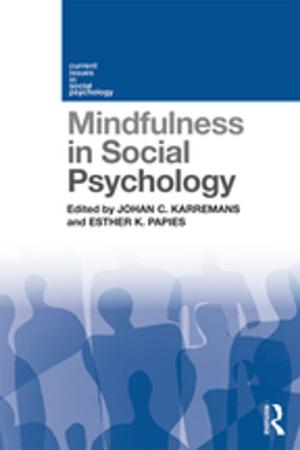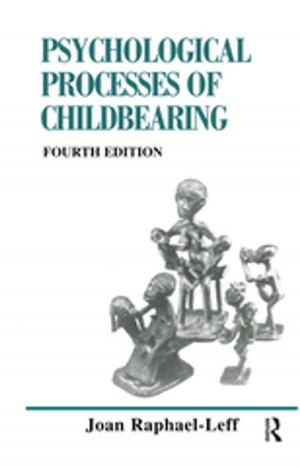The Arguments of Aquinas
A Philosophical View
Nonfiction, Religion & Spirituality, Philosophy, Medieval, Religious| Author: | J.J. MacIntosh | ISBN: | 9781351733779 |
| Publisher: | Taylor and Francis | Publication: | April 7, 2017 |
| Imprint: | Routledge | Language: | English |
| Author: | J.J. MacIntosh |
| ISBN: | 9781351733779 |
| Publisher: | Taylor and Francis |
| Publication: | April 7, 2017 |
| Imprint: | Routledge |
| Language: | English |
The Arguments of Aquinas is intended for readers with philosophical interests, who may not be specialists in medieval philosophy. Some think that a medieval saint must be, as such, wrong, dated, and boring; others feel that a saint, any saint, must be right, relevant, and inspirational. Both groups are likely to misread Aquinas, if indeed they read him at all. The works of great philosophers are products of their times, but that does not lessen their value for us. We profit by reading the works of St Thomas in the same interested but critical way that we read the works of our contemporaries.
MacIntosh does not hesitated to compare Thomas's arguments with those of later philosophers as well as with those of his contemporaries and earlier philosophers. He chooses topics from a variety of still interesting problem areas: the existence and attributes of God, including God's foreknowledge and human free will, causality and the origin of the universe, time and necessity, human souls, angels, and the problem of evil. Additionally, the volume looks at his views on honesty and lying, and on human sexuality, on which he is, as ever, philosophically interesting whether or not we accept his conclusions.
The Arguments of Aquinas is intended for readers with philosophical interests, who may not be specialists in medieval philosophy. Some think that a medieval saint must be, as such, wrong, dated, and boring; others feel that a saint, any saint, must be right, relevant, and inspirational. Both groups are likely to misread Aquinas, if indeed they read him at all. The works of great philosophers are products of their times, but that does not lessen their value for us. We profit by reading the works of St Thomas in the same interested but critical way that we read the works of our contemporaries.
MacIntosh does not hesitated to compare Thomas's arguments with those of later philosophers as well as with those of his contemporaries and earlier philosophers. He chooses topics from a variety of still interesting problem areas: the existence and attributes of God, including God's foreknowledge and human free will, causality and the origin of the universe, time and necessity, human souls, angels, and the problem of evil. Additionally, the volume looks at his views on honesty and lying, and on human sexuality, on which he is, as ever, philosophically interesting whether or not we accept his conclusions.















